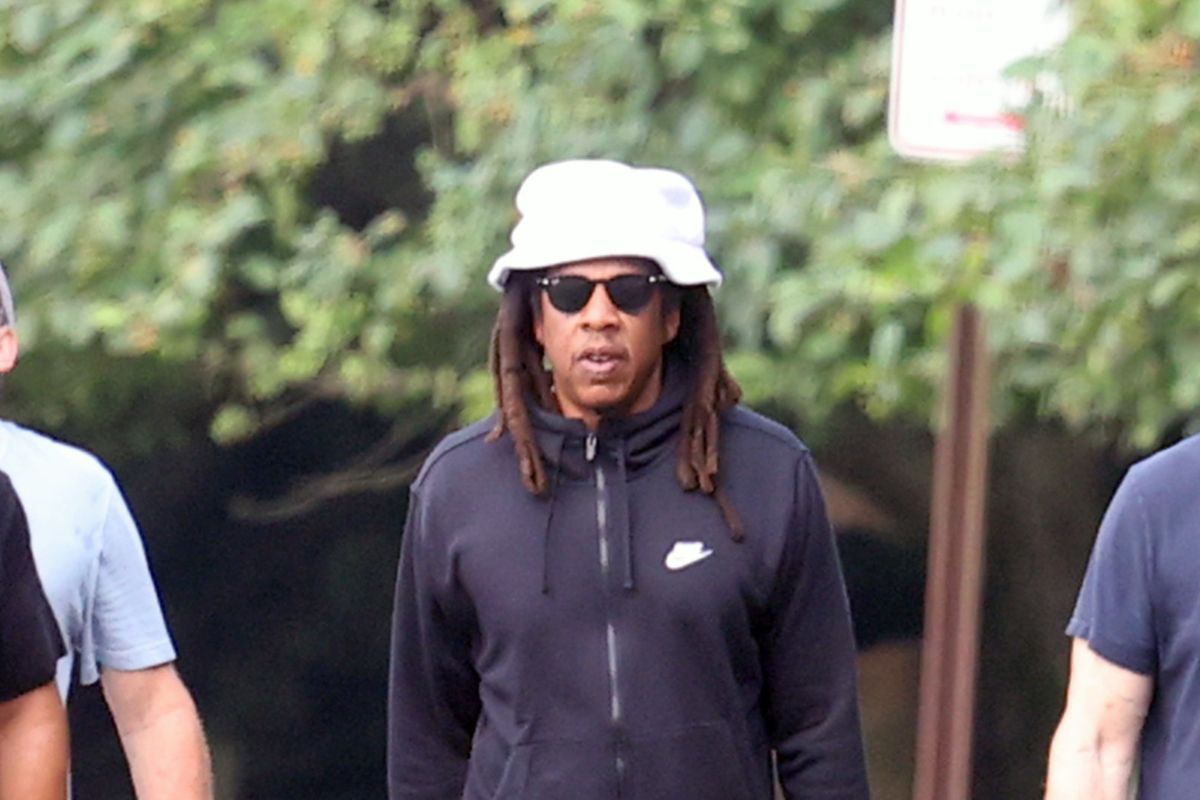Tony Buzbee is mounting a counterattack against JAY-Z’s legal motion to dismiss a lawsuit filed by a woman identified as “Jane Doe” and to sanction Buzbee for representing her in court.
In heated court filings submitted on Friday (December 20), the controversial attorney accused the Hip-Hop mogul and his legal team of deploying intimidation tactics to derail the case.
Buzbee argued that the motion to dismiss, filed by JAY-Z’s lawyers under Rule 11 of the Federal Rules of Civil Procedure, is legally unfounded and designed to scare off other potential plaintiffs.
“Defendant Carter’s threat of an ‘immediate’ sanctions motion on the first whisper of factual uncertainty is just one more instance of bullying, intended to have a chilling effect on Plaintiff, Plaintiff’s counsel, and any potential plaintiffs watching these proceedings,” Buzbee wrote in the filing, referencing JAY-Z by his legal name, Shawn Carter.
The lawsuit at the center of the dispute accuses Carter and Sean “Diddy” Combs of sexually assaulting Jane Doe when she was 13 years old during an afterparty for the VMA’s in 2000.
Both men have denied the allegations, and JAY-Z has filed a countersuit to dismiss the claims, alleging misconduct by Buzbee and pushing for sanctions over allegedly baseless accusations.
Carter’s legal team has also sought to expedite sanctions, which Buzbee blasted as a blatant overreach.
Rule 11 typically allows attorneys 21 days to amend or withdraw filings before sanctions can be pursued. However, JAY-Z’s lawyers bypassed this timeline, calling on the court to hurry the process.
He accused JAY-Z’s camp of attempting to manipulate legal standards for personal advantage.
Central to the legal wrangling is a series of inconsistencies in Jane Doe’s testimony, which JAY-Z’s team has highlighted as grounds for dismissal.
In an interview with NBC News, Doe’s timeline allegedly conflicted with her lawsuit.
While she initially claimed to have been driven to a party by a limo driver around 9:30 to 10 p.m., she later altered her story, suggesting that the driver took other passengers to the event first before picking her up.
Furthermore, JAY-Z’s attorneys argue that no home matching the description provided in the lawsuit—a large white property with a U-shaped driveway—exists within a 20-minute radius of Radio City Music Hall, where the alleged incident began.
Jane Doe’s father also reportedly contradicted her claims that he picked her up the night in question, stating that their family lived five hours from New York City and that he would have remembered any emergency trip to retrieve her.
These inconsistencies form the crux of JAY-Z’s push to dismiss the case and impose penalties on Buzbee for filing what the defense claims is an extortionate and baseless lawsuit.
But Buzbee is unmoved, dismissing the counterarguments as attempts to discredit victims of sexual assault by unfairly holding them to impossible standards of recollection.
“New York courts have expressly acknowledged that plaintiffs in this type of case cannot be expected to have exacting recall and command of all relevant facts,” Buzbee said, citing legal precedent to bolster his stance.
In one of his more explosive allegations, Buzbee accused JAY-Z’s associates of engaging in potentially illegal acts to stymie the case, including bribing clients, impersonating public officials, and threatening witnesses.
He also framed JAY-Z’s legal maneuvers as part of a larger pattern of behavior, calling it “aggressive advocacy crossing into bad faith” and arguing that Carter’s wealth and status do not entitle him to special treatment under the law.
“Like Mr. Combs, Mr. Carter is rich, famous, and powerful. Mr. Carter will exert all the pressure he can to intimidate and harass Plaintiff, me, or anyone else”.
